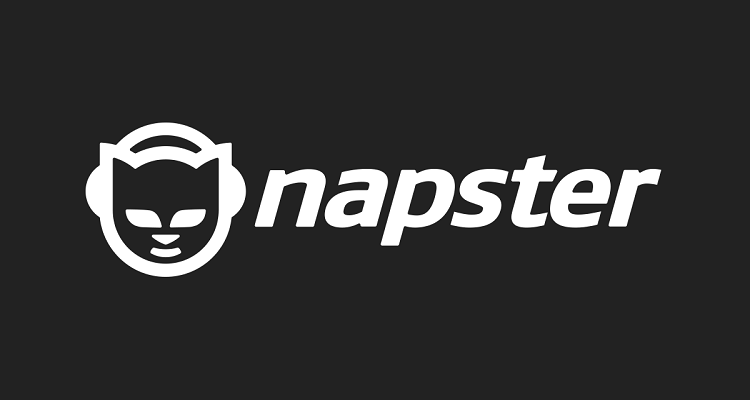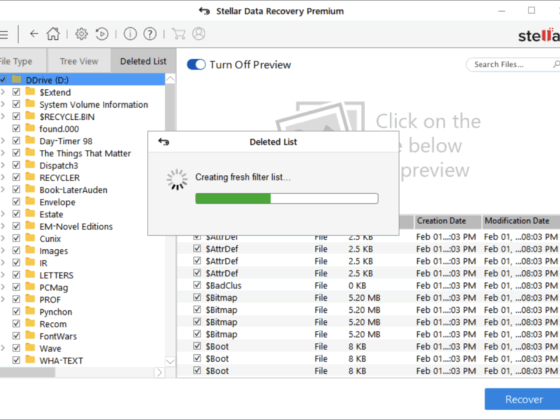
The music industry has in recent years seen the preeminence of Spotify, a service through which users can stream music rather than being forced to download it. In part due to a flexible subscription package — through which users could listen to music with ads for free or pay for premium accounts to have more control over their selections — Spotify experienced a meteoric rise and has since seen few effective competitors. Tech startup MelodyVR entered the market with the intent of competing with Spotify, though it experienced some initial challenges. During the first half of 2020, MelodyVR reported earnings that were lower than expected, creating some anxiety around the perception of the startup. As reported by the McKinsey Global Institute, an estimated 25% to 45% of all new products do fail, and as such, the initial success of MelodyVR is important.
This is perhaps why MelodyVR announced in August 2020 its intent to acquire Napster after securing the funds required. Napster is a familiar name to those with experience in the music industry. Founded in 1999, Napster was an early peer to peer file sharing website, through which millions of users eventually began sharing music files. Usually encoded in MP3 format, these songs were not always shared legally, which led to the company experiencing legal difficulties related to copyright infringement. Gradually, it would morph into an online music store until it was eventually merged with Rhapsody and Best Buy in 2011. Since its early heyday and legal challenges, Napster has not necessarily been a major player in the music streaming world. However, MelodyVR intends to use its acquisition to strengthen its own operations.
Although Napster will maintain its name, it will become a subsidiary of MelodyVR through the acquisition. The question for many will be what exactly Napster can do to aid MelodyVR, which as a startup received early investments from industry giants like Adele. The MelodyVR app is meant to be immersive, giving users access to live concerts and shows as well as unique sessions. In this sense, it is meant to offer users an individualized live music experience in the comfort of their own homes. At first glance, this seems to diverge greatly from the initial purpose of Napster, but the acquisition may be more helpful than some assume.
Understanding What Napster Can Offer MelodyVR
Essentially, while MelodyVR offers live music virtual reality, Napster offers the opportunity for streaming. MelodyVR wants to fill the gaps, as it were, creating an addition to its live experiences that it can offer easily to users. Ideally, being able to offer more traditionally streamable music with the minds behind an industry disruptor at the helm will generate more income for MelodyVR, which will, in turn, enable the app to make more forward progress. In this sense, the app will not be relegated to making money and marketing only within the live music space. It will be just as available to those who wish to stream their music. Rather than dipping between services like Spotify for streaming and MelodyVR for live experiences, users will be able to keep all of their activity within one app.
Not only does this allow MelodyVR to expand its earning potential; it can also potentially endear the app further to users. Millennials in particular and the generations after them value convenience when working online and enjoying themselves. It’s become quite common for individuals and companies alike to use countless apps for a variety of different uses when many of them could arguably be compressed into more individualized and singular experiences. Right now, a single average enterprise will often rely on over 500 different software applications. Being able to downsize the user experience from multiple apps to one app that offers “all” will give MelodyVR something of an edge in the music industry. In a lot of ways, the experience offered to MelodyVR users will be a hybrid experience, which is certainly popular among younger users online. They will be able to stream music, enjoy live events, and watch exclusive documentaries about their favorite artists through a single app.
Exploring the Deal Between Napster and MelodyVR
MelodyVR is taking its acquisition of Napster extremely seriously, which can be seen through the amount of money being spent on the deal. The transaction is valued at approximately $70.6 million, comprised of $15 million in cash, $11.6 in MelodyVR stock, and MelodyVR’s assumption of about $44 million in payment obligations. This will be paid for various music industry entities and will finish the deal. MelodyVR will apparently cover payment obligations to record labels, music publishers, and other entities that are responsible for the rights to music.
Although this is a significant investment, MelodyVR has reason to believe that it will be able to succeed through the acquisition of Napster. The reality is that virtual reality-enabled live music events are more appealing to users and music fans than ever before. The COVID-19 pandemic affected a number of different experiences and industries, but the music industry took a particular hit. Live concerts could no longer be offered due to health concerns. While the COVID-19 vaccine was recently released, it may be months before the population is sufficiently inoculated. Additionally, once live music events being again, some artists may decide not to hold traditional live events for even longer due to individual concerns. The same can be said of concertgoers.
Apps like MelodyVR will allow individuals to experience concerts in a way that is not only safer but more cost-effective as well. Rather than having to pay to travel to a concert, they can simply experience it at home, perhaps even more vividly through virtual reality headsets. These headsets are not necessarily to use MelodyVR, but they can improve a user’s overall experience and create another pathway for further options.
Much remains to be seen about how the Napster acquisition will unfold and affect MelodyVR’s success. But this is an exciting move for the company and could help it grow in the future.







